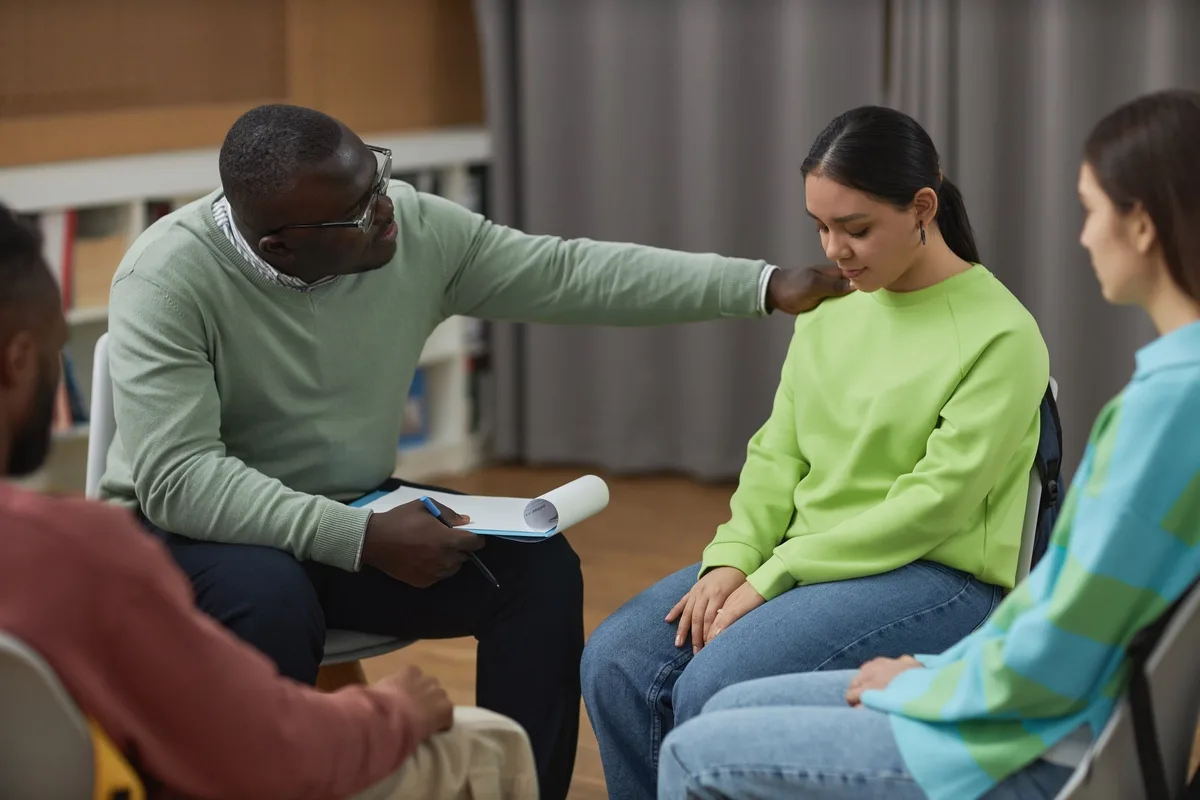24/7 Helpline:
(866) 899-221924/7 Helpline:
(866) 899-2219
Learn more about PTSD Rehab centers in Aliso Viejo
PTSD Rehab in Other Cities

Other Insurance Options

State Farm

Anthem

Health Partners

Evernorth

American Behavioral

GEHA

Choice Care Network

United Health Care

PHCS Network

Sliding scale payment assistance

Meritain

BlueShield

WellPoint

Coventry Health Care

Highmark

Optum

UnitedHealth Group

Covered California

Carleon

CareFirst

Sobertec
Sobertec - Columbia offers inpatient and outpatient services for individuals with alcohol and/or sub...

Invictus Health Group
Invictus Health Group is a private rehab located in Aliso Viejo, California. Invictus Health Group s...









